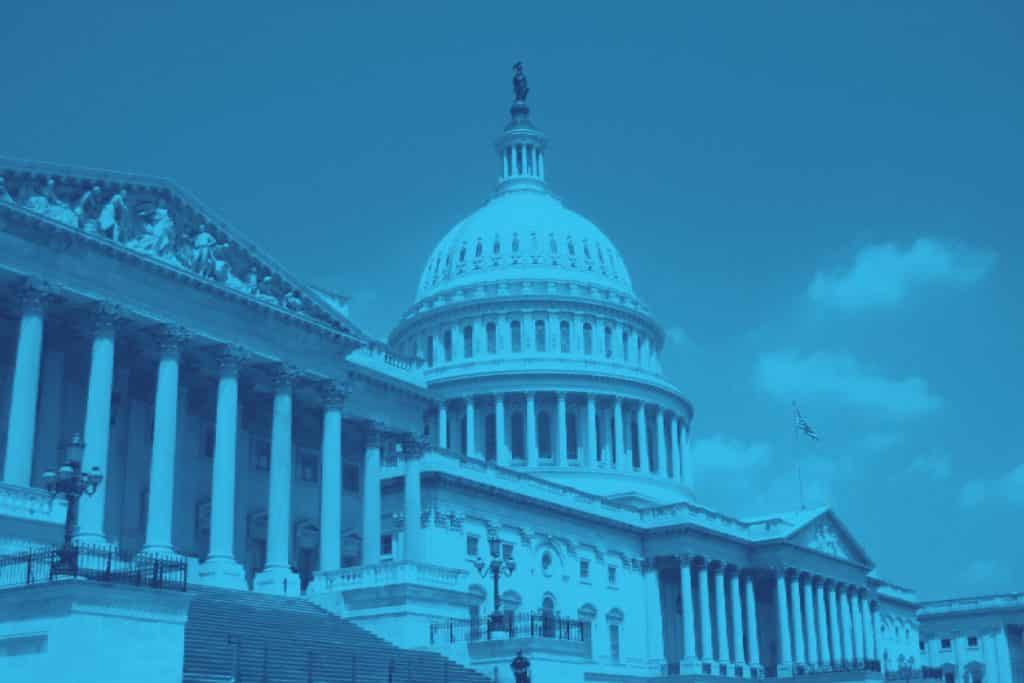
A trio of leading Silicon Valley business leaders urge Congress to reject proposed antitrust legislation that could harm small businesses and have a chilling effect on the innovation ecosystem that is a backbone of the nation’s economy.
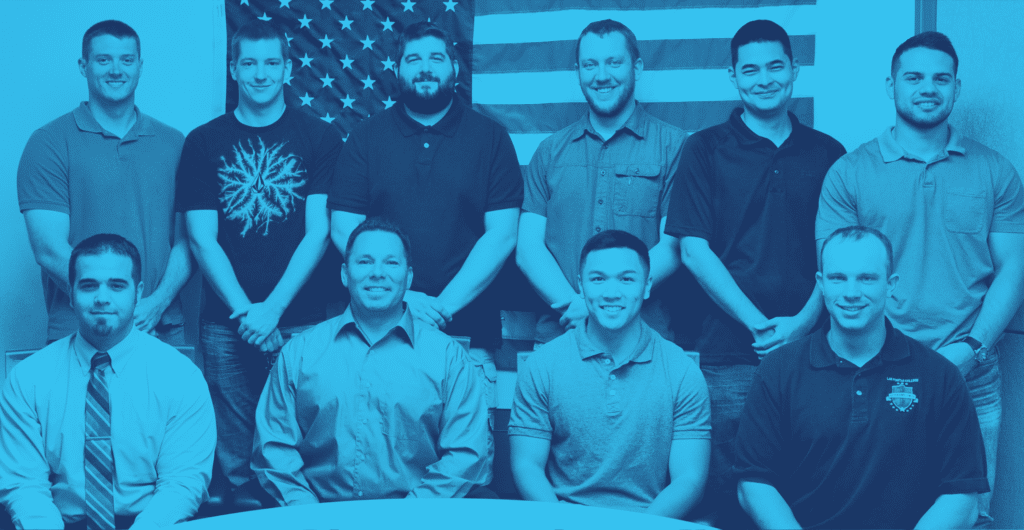
Facing a shortage of engineering talent, in 2014 LLNL partnered with the college of Las Positas, the Alameda County Workforce Board, and the nonprofit Growth Sector to create Vets2Tech, a program helping to train their next generation of engineers and engineering technicians.
For the last eight years, Vets2Tech has worked with Bay Area community colleges to develop math and physics curricula and technology training programs, and then funnel graduates, mostly veterans, into SVLG member companies including LLNL and LAM Research. The program quickly became a win-win for LLNL, LAM and the participating veterans, who had mechanical know-how, leadership skills, and security clearances, but lacked the resume they believed they needed to succeed in tech.

Fueled by the pandemic, the recent wave of employee turnover known as “The Great Resignation” has caused a major shortage of employees throughout the economy.
Technology companies have received more than their share of the instability, with 72% of tech/IT workers thinking of changing jobs or exploring other opportunities in the next 12 months, compared to 55% for other careers in the U.S., according to a 2021 survey of 1,200 tech employees by Talent LMS and Workable.

SVLG made waves in the infrastructure policy arena with its largest forum yet on April 27, with appearances by top Biden Administration officials on transportation and housing policy and other leading California voices on those important issues.
Viewers of the online event enjoyed an array of fascinating conversations with guest speakers including Adrianne Todman, Deputy Secretary of the Department of Housing and Urban Development; Katie Thomson, Director of Bipartisan Infrastructure Law Implementation at the U.S. Department of Transportation; and Toks Omishakin, Secretary of the California Transportation Agency. The Forum also featured special appearances by Governor Newsom, CA Senate President Pro Tempore Toni Atkins, Bay Area Transportation icon Rod Diridon, Sr., and other important voices.

According to UC Berkeley’s Institute of Government Studies and the Los Angeles Times’ April 2022 poll, fifty-six percent (56%) of registered voters “support the state continuing to build the high-speed rail project.” This week the California High-Speed Rail Authority (Authority) Board of Directors has the opportunity to listen to voters – invest in affordable housing, make a significant dent in greenhouse gas emissions, and continue California’s legacy as an innovation hub for the world. Approval of the San Jose to Merced environmental documents brings the state closer than ever to giving Californians what they want: electrified high-speed rail that alleviates congestion, avoids high gas prices, and addresses the climate crisis.

California’s housing affordability crunch ranks at the top of all serious public policy and business competitiveness agendas. The state’s median home price set a new record in March 2022 at $849,080, which is out of reach for most—only 25% of Californians can afford a median priced home, compared to 50% nationally. Here in Silicon Valley, the median home price in Santa Clara County was a whopping $1.6 million in March 2022, up nearly 20% from the previous year, according to Redfin.
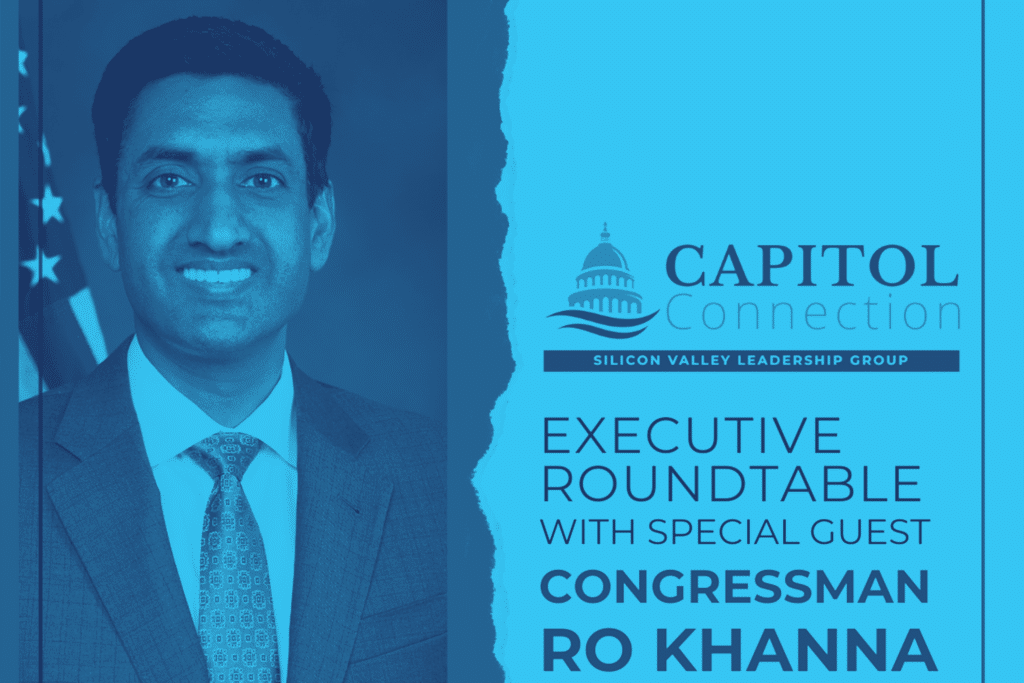
In an Executive Roundtable moderated by Jason Baker, SVP of Health, Housing and Transportation Policy on April 4, special guest Congressman Ro Khanna spoke to SVLG members about his key concerns and initiatives, including Biden’s Build Back Better framework, well-crafted antitrust legislation, and U.S.-based manufacturing.

As mask mandates drop across the country and many businesses prepare to return to in-person work, some experts say we should permanently adopt many of the changes we’ve made in the last two years rather than reverting to the way things were.
Dr. Erica Pan, Deputy Director of the Center for Infectious Diseases and State Epidemiologist, and Dr. Jorge Salinas, Co-Medical Director of Stanford Health Care’s Infection Prevention and Control Program, spoke candidly with SVLG members about the state of the pandemic in March at a roundtable titled Covid Toward Endemic.
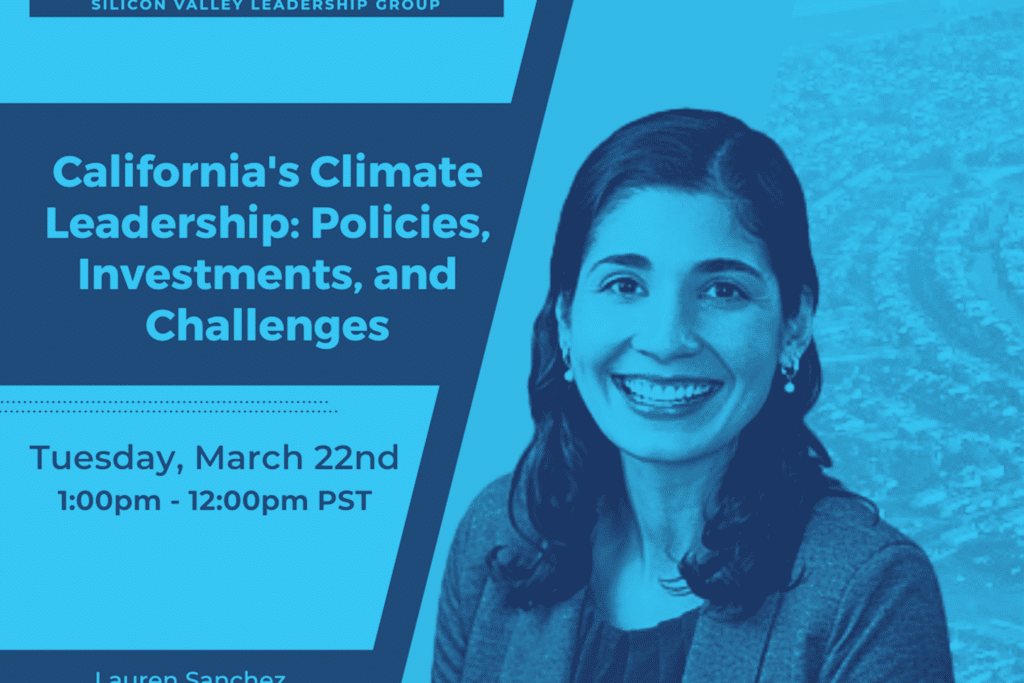
In a roundtable discussion on climate leadership in the Golden State on March 22, Lauren Sanchez, Senior Climate Advisor for Governor Newsom, shared the latest insights from Sacramento on topics including natural gas resources, EV charging, environmental justice, and carbon capture.
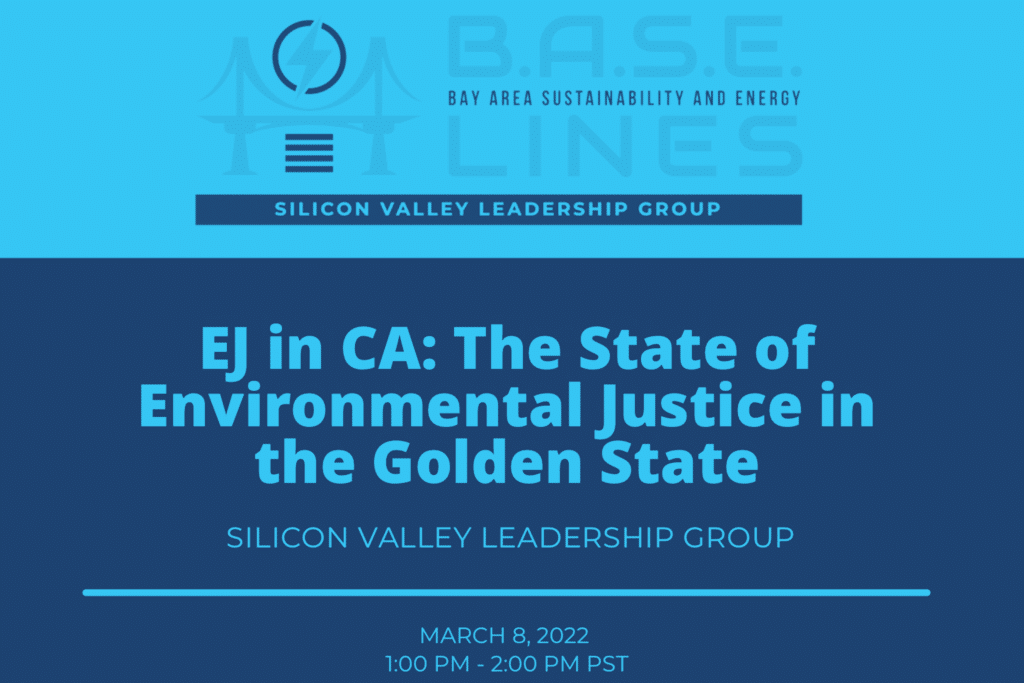
With basic needs still unmet for many native communities, access to clean water and electricity are top of mind for Bidtah Becker, CalEPA Deputy Secretary for Environmental Justice, Tribal Affairs and Border Relations.
Recently nominated for the position, Becker sat down with SVLG’s Vice President of Environmental Policy, Mary Holing, sharing insights about the CalEPA’s environmental justice goals on energy and climate policy. In one of her first appearances since stepping into the role, she candidly discussed key issues that impact Native American tribes in California including safe drinking water, access to the power grid, land management, language preservation, education and air quality.
Becker fielded questions from SVLG members representing educational institutions, the solar industry, and more, elucidating native communities’ needs and highlighting opportunities for collaboration. As she tackled each issue, Becker emphasized the uniqueness of each tribe.
